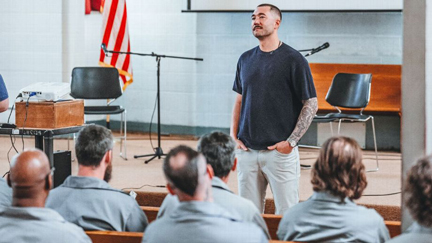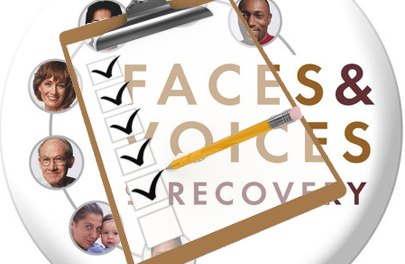Lucas Erceg is a relief pitcher, a good one, for the Kansas City Royals. He spoke recently about his own struggles with addiction and recovery to an audience of inmates at a correctional facility in Missouri. ESPN was there.
I imagine many in the audience could relate. After all, an estimated 60 to 65% of the incarcerated population have a substance use disorder. Even those who don’t qualify for an SUD diagnosis are likely to have been under the influence when they committed the crime(s) that landed them in jail.
More than once, I’ve been approached by a stranger who wants me to know that something I wrote or said during a talk turned their life around. I might’ve believed it if not for the night a man thanked me profusely for a speech I gave at the state mental hospital, one that led him, he claimed, to “turn [his] life completely around, at long last.”
I accepted his thanks so as not to disappoint him, but I’ve never actually been to that hospital, and so couldn’t possibly have delivered that talk.
Twelve Step philosophy suggests that simply by sharing your experience with others, you strengthen your own sobriety. Even if the listener fails to respond to the message, the speaker will benefit from having shared it. When the two do connect, however, it can feel like a minor miracle.
“At the time, I saw myself as a total loser,” offered one man. “Broke, homeless, not even four months sober– why would anyone care what I thought? Except someone did. A young guy, brand new in the program. It was the first time in years I felt I had something to offer another human being.”
”I don’t know how much good I did the other guy, but for me, it was a little miracle.”













